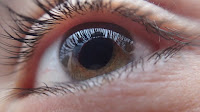
Eye-Scan to Predict & Lower Alzheimer’s Risk
HEALTH RESEARCH VIDEO + ARTICLE: Can a retinal-scan at an early age predict future development of Alzheimer’s? Can you use that prediction to lessen your

HEALTH RESEARCH VIDEO + ARTICLE: Can a retinal-scan at an early age predict future development of Alzheimer’s? Can you use that prediction to lessen your
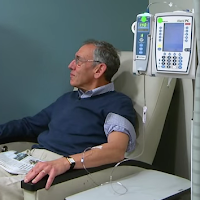
CNN VIDEO + INFO: Amyloid plaque buildup on the brain can begin decades before it actually triggers Alzheimer’s. See how The A4 Trial hopes to
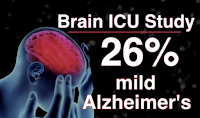
VIDEO + ARTICLE: Anesthesia appears to lead to faster deterioration of cognition, function and brain volumes in women than in men. Understand anesthesia’s dementia-like effects
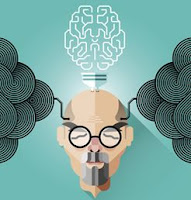
Brain health depends on many factors. One of them is the advice and guidance of our doctors. Here are 6 brain-healthy tips for doctors.
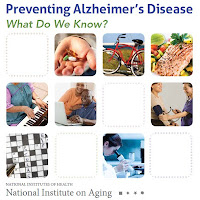
FREE 28-PAGE MINI-BOOK: The latest USA.NIA research on Alzheimer’s & dementia prevention. It includes tips from physical exercise & diet to social engagement & cognitive

A startling new link shows Alzheimer’s in transplant patients is significantly lower, in fact almost absent, when compared to national data from the general population.
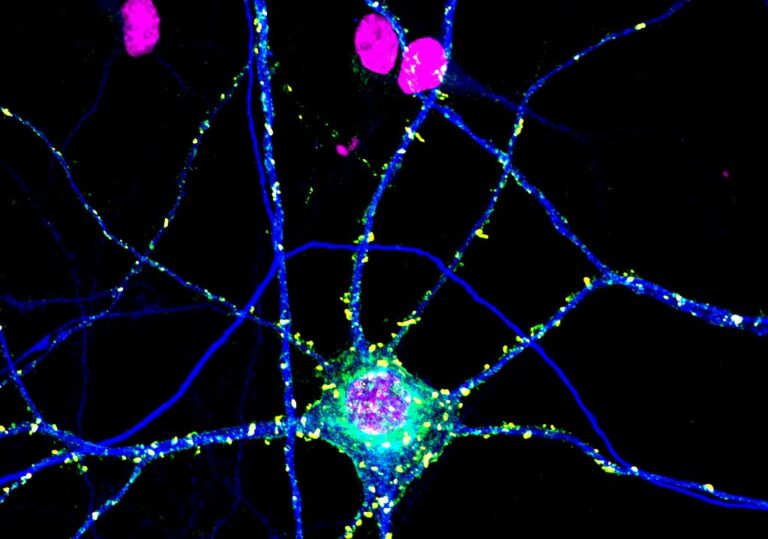
THIS SEMINAR explores ways to keep dementia away. Featuring
Joel Kramer, UCSF Professor of Neuropsychology and the Director of the Memory and Aging Center Neuropsychology Program.

VIDEO: CTE Dementia is football’s big brain risk. That’s why Chris Borland, one of the most promising rookies in the NFL (National Football League), announced
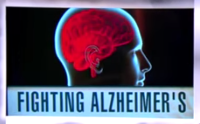
VIDEO: “For the first time I think we have a chance to really change the course of Alzheimer’s disease,” says Dr. Reisa Sperling. She’s leading
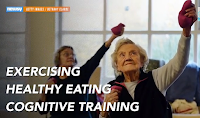
VIDEO + ARTICLE: See results from the first large controlled trial to indicate that an intensive health program can beat the odds of Alzheimer’s. Find
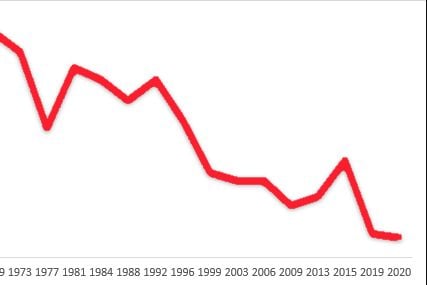
U.S. dementia rates dropped 65% in 40 years. Even so, this predicts a 25% rise in total cases by 2050, due to population aging. See the real numbers. Learn why predictions of dementia doubling by 2050 are sensationalized fake news.
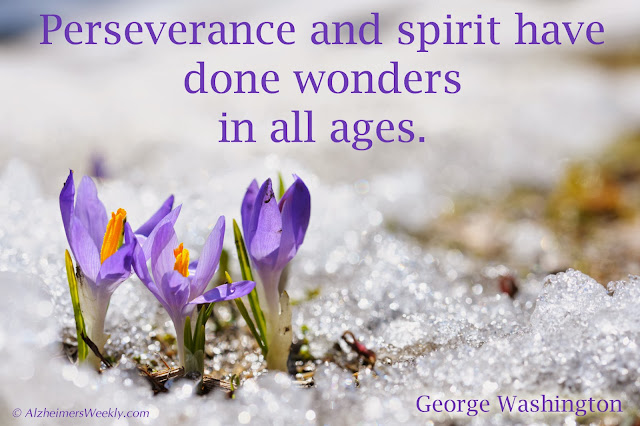
Perseverance and spirit have done wonders in all ages. (George Washington)

DIET: Years of good research suggests caffeine lowers dementia risk. New research uncovers a subtle twist – AFTER dementia kicks in, caffeine may exert negative effects. Get the facts.

SHORT-TERM MEMORY lapses are obvious signs of Alzheimer’s, but other tell-tale signals begin to show much earlier. Learn how to look for semantic impairments, such as simple questions about size.

Three important dementia studies focus on HS-AGING, a type of dementia almost as common as Alzheimer’s in the 85+ group. Yet few people have heard of it. Why? What makes it different?

An intriguing study of 120 grandmothers might surprise you. Doctors know socially engaged people have better cognition and less dementia. But can a person get too much of a good thing? What’s the right balance?

Enjoy this great duet between a musician with dementia and his son. A triumph of spirit over Alzheimer’s! Sing-a-long if you like!
No spam, only news and updates.


